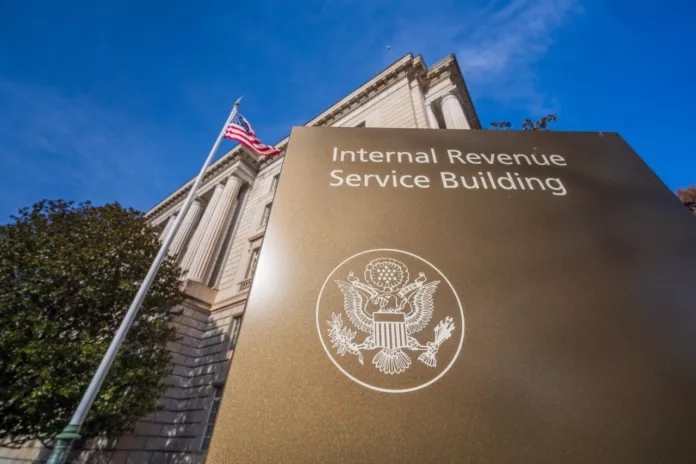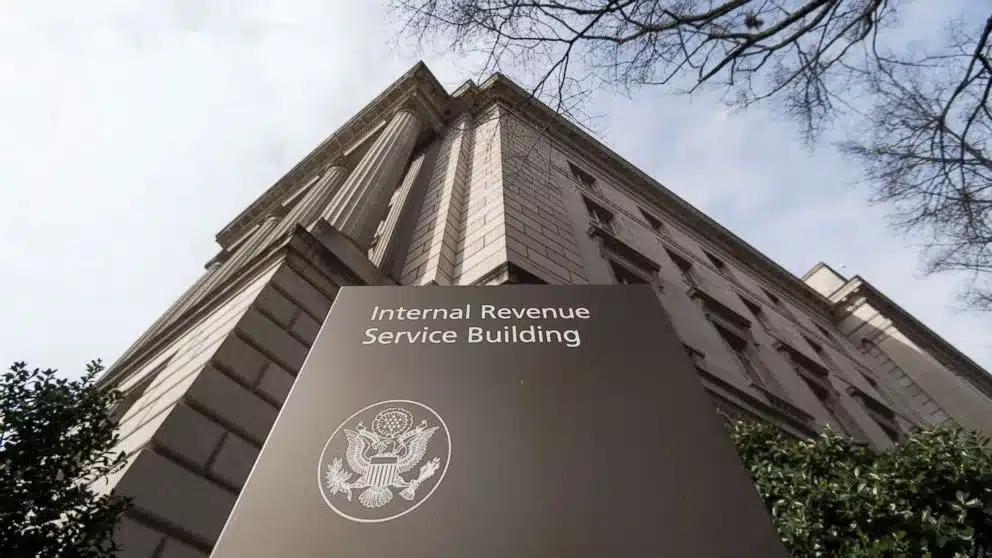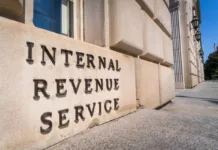
IRS’ tax season’s here, and if you’re banking on that refund, there’s a new reason to file early: The IRS might be short-staffed this year, and that could mean longer waits to get your money.
With a hiring freeze and potential layoffs hitting just as tax season heats up, experts warn that delays in processing refunds and longer wait times for help are likely. Here’s what you need to know—and what you can do to avoid the holdup.
What’s Happening With the IRS?
The IRS is dealing with two big problems at once: a hiring freeze and the possibility of mass layoffs. The cuts are part of a government-wide cost-cutting effort that could see thousands of IRS workers lose their jobs in the next few weeks. Combine that with an already understaffed agency, and you’ve got a recipe for slower refunds and tougher times getting help if you need it.
How This Could Affect Your Tax Refund
- Slower Paper Return Processing: Paper tax returns, which normally take six to eight weeks to process, could take twice as long—or even longer.
- Delayed Refund Checks: If you’re expecting a refund check by mail, it could take longer than the usual three to four weeks.
- Longer Wait Times on Customer Service Lines: The IRS already struggles with long hold times. With fewer employees, getting help could take even longer.
- Fewer In-Person Service Centers: Walk-in service centers, including special Saturday hours, may be cut, making it harder to get help in person.
- Slower Processing of Correspondence: If you need to amend your return or send documents to the IRS, expect delays. Processing that typically takes four to six months could take twice as long.
Who Benefits From IRS Staffing Cuts?

While most taxpayers will feel the sting of longer wait times and delayed refunds, noncompliant taxpayers might benefit. With fewer employees to conduct audits and compliance checks, the IRS may struggle to catch those who underreport income or claim false deductions.
How to Avoid Delays and Get Your Refund Faster
Here’s what you can do to beat the delays and get your refund as quickly as possible:
- File Early: Don’t wait until the last minute. Filing early can help you avoid the backlog and get your refund faster.
- E-File Your Return: Electronic filing is faster and more accurate than mailing a paper return. Plus, it avoids delays caused by understaffed processing centers.
- Choose Direct Deposit: Request your refund via direct deposit through the IRS to get your money faster—sometimes in as little as eight days.
- Call Early in the Day: If you need to call the IRS, do it early—phone lines open at 7 a.m. ET. Wait times are usually shorter in the morning.
- Settle Open Audits Quickly: If you have an open audit or issue with the National Taxpayer Advocate, try to resolve it as soon as possible.
This year, filing early isn’t just good advice—it could be the difference between getting your refund in weeks or waiting months. With IRS staffing cuts looming, delays are likely, especially if you’re filing a paper return or need help from the IRS. File early, e-file, and choose direct deposit to get your money as quickly as possible.
- File Early or Wait Months: Why IRS Cuts Could Slow Your Tax Refund - February 19, 2025
- IRS Tax Return Status: How to Track Your Refund Fast and Avoid Delays - February 19, 2025
- Asteroid 2024 YR4 Could Hit Earth in 2032 With 500x Hiroshima’s Power - February 19, 2025
















